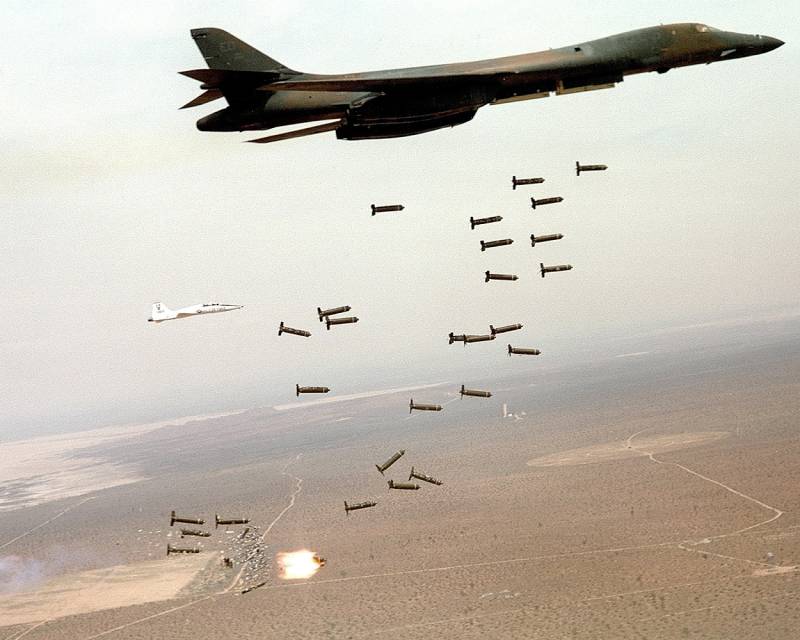“No army, with bombs and shellfire, could devastate a land as thoroughly as Pakistan could be devastated by the simple expedient of India’s permanently shutting off the sources of water that keep the fields and the people of Pakistan alive,” was the quote sent by Eugene Black, president of the World Bank, to PM Liaqat Ali Khan in 1951. It is true. Without the Indus and its tributaries, Pakistan would turn into a desert, and India can make this happen.
But while it is true that the upper riparian states do have the leeway to use water and the surface of the river as they see fit, this is only the case if no treaty or water-sharing mechanism is in place. India knows that breaking a treaty is a violation of international law and riparian rights do not come into this equation. Not only that, but if India goes ahead with refusing to adhere to the Indus Water Treaty, it will put itself in an uncomfortable position with China because the latter is India’s upper riparian state and Pakistan’s closest ally to boot.
But even if we work on hypotheticals, and India does choose to break the treaty, will it be able to achieve its stated purpose of “forcing Islamabad to act on cross-border terrorism”? To analyse what would happen, let’s work under the assumptions and allegations levelled at Pakistan by its neighbour. Even if Pakistan was actually behind each and every incident of cross-border terrorism coming in from Indian Held Kashmir, would India’s decision to restrict water from the rivers be a source of pressure or antagonism? The latter is more likely, considering that a secondary concern for many Pakistanis in supporting the Kashmir cause - beyond caring deeply for the Kashmiri right to self-determination - is the realisation that acquiring control of Kashmir would result in Pakistan being completely self-reliant. The need to cooperate with India would cease to exist, which incidentally is the same end result if India chooses to conflate the water issue.
India must remember that revoking an international treaty cannot be used to pressurise another country. Pakistan is a water-stressed state and water availability per capita per annum has dropped below 1000 m3, which is the scarcity benchmark. What India wants is not to sanction the Pakistani state, but to cut off water to cause floods or famines. Not an economic embargo but a threat to commit another mass murder. A rising India that wants to see Kashmiris riddled with bullets and Pakistanis dying from famine: This is the next global super power.






